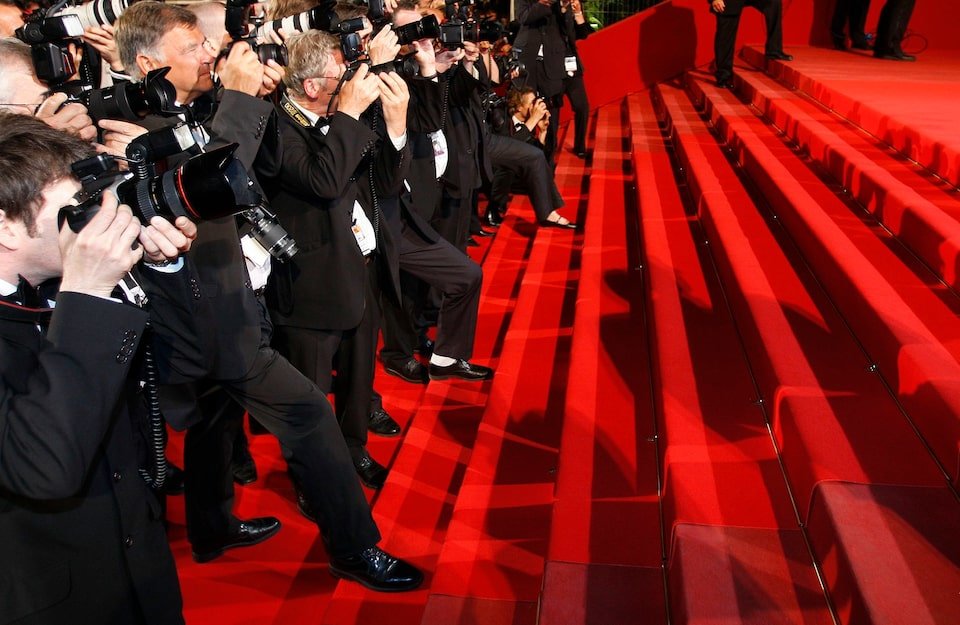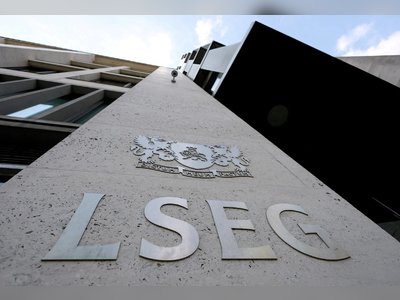Stability AI Triumphs in UK Court as Getty Images’ Major Copyright Claim Fails
Getty’s landmark lawsuit against Stability AI over image-generator training and output is largely dismissed, leaving unresolved questions for UK copyright law
A UK High Court has delivered a major ruling in the case between stock-photo giant Getty Images and artificial-intelligence developer Stability AI, handing the AI firm a substantial legal victory while leaving the broader copyright issue unresolved.
The dispute centred on whether Stability’s image-generation model, Stable Diffusion, unlawfully trained on Getty’s copyrighted photo collection and then produced derivative images.
Getty alleged that millions of its images were used without licence to train the AI system and that the model generated images bearing its watermark, constituting trademark and copyright infringement.
During the trial the claim was pared back after Getty withdrew its primary copyright-infringement allegations, citing insufficient evidence that the training occurred in the UK.
In her judgement, Justice Joanna Smith found in Getty’s favour only on a narrow trademark point, determining that some outputs bearing Getty’s watermark did infringe the company’s trademark rights, but described that finding as “historic and extremely limited in scope”.
The judge rejected Getty’s secondary copyright-infringement claim, concluding that Stable Diffusion “does not store or reproduce any copyright works (and has never done so)”.
Getty described the outcome as a “significant win for intellectual-property owners” because of the trademark ruling and the finding that AI models can, in principle, be subject to copyright law.
Yet legal experts and Getty itself conceded the ruling was weakened by the scope limitation and the fact that the core copyright question remains unresolved.
Getty stated that even well-resourced creators face “significant challenges” under current UK law to protect their works from AI-driven use without compensation.
Stability AI welcomed the decision, with its general counsel describing the ruling as “ultimately resolving the copyright concerns that were the core issue”.
The company emphasised its view that the training jurisdiction lay outside the UK and that the case should not impede generative-AI development.
The judgment arrives at a pivotal moment for UK intellectual-property policy, where lawmakers are considering reforms including an opt-out for creators from AI-training datasets.
Many observers view this case as a wake-up call: until the law clarifies whether and how training on copyrighted material constitutes infringement, global-scale AI firms and content creators face uncertainty about rights, royalty obligations and licensing.
For now, Getty’s broader copyright crusade in the UK has stalled.
While the trademark result offers some redress, the central ambition – to hold AI developers accountable under existing copyright rules for large-scale dataset use – remains untested.
The dispute centred on whether Stability’s image-generation model, Stable Diffusion, unlawfully trained on Getty’s copyrighted photo collection and then produced derivative images.
Getty alleged that millions of its images were used without licence to train the AI system and that the model generated images bearing its watermark, constituting trademark and copyright infringement.
During the trial the claim was pared back after Getty withdrew its primary copyright-infringement allegations, citing insufficient evidence that the training occurred in the UK.
In her judgement, Justice Joanna Smith found in Getty’s favour only on a narrow trademark point, determining that some outputs bearing Getty’s watermark did infringe the company’s trademark rights, but described that finding as “historic and extremely limited in scope”.
The judge rejected Getty’s secondary copyright-infringement claim, concluding that Stable Diffusion “does not store or reproduce any copyright works (and has never done so)”.
Getty described the outcome as a “significant win for intellectual-property owners” because of the trademark ruling and the finding that AI models can, in principle, be subject to copyright law.
Yet legal experts and Getty itself conceded the ruling was weakened by the scope limitation and the fact that the core copyright question remains unresolved.
Getty stated that even well-resourced creators face “significant challenges” under current UK law to protect their works from AI-driven use without compensation.
Stability AI welcomed the decision, with its general counsel describing the ruling as “ultimately resolving the copyright concerns that were the core issue”.
The company emphasised its view that the training jurisdiction lay outside the UK and that the case should not impede generative-AI development.
The judgment arrives at a pivotal moment for UK intellectual-property policy, where lawmakers are considering reforms including an opt-out for creators from AI-training datasets.
Many observers view this case as a wake-up call: until the law clarifies whether and how training on copyrighted material constitutes infringement, global-scale AI firms and content creators face uncertainty about rights, royalty obligations and licensing.
For now, Getty’s broader copyright crusade in the UK has stalled.
While the trademark result offers some redress, the central ambition – to hold AI developers accountable under existing copyright rules for large-scale dataset use – remains untested.











